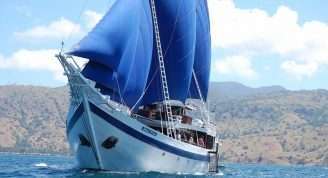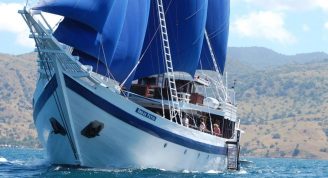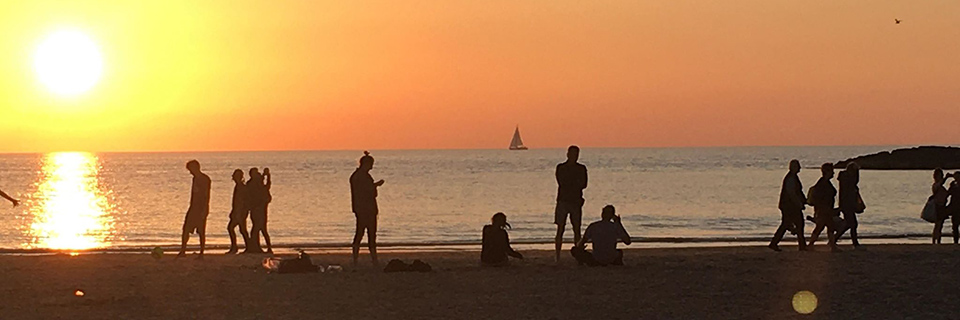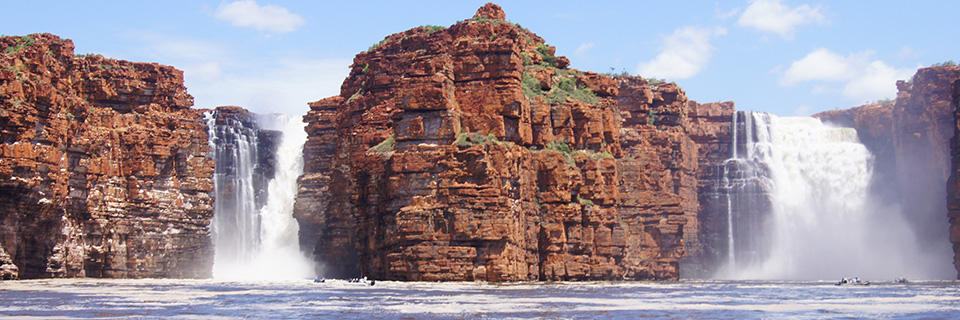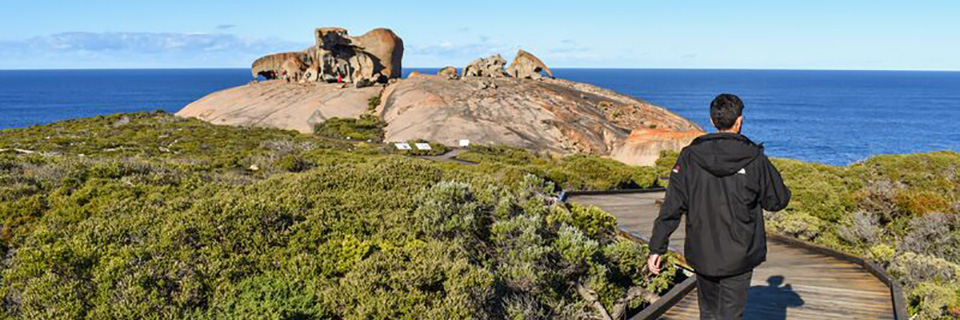Description
One of the most noteworthy ecological niches on the planet, with views among the most stunning that you are likely to behold in a lifetime, the Raja Ampat archipelago is a region characterised by rugged and steep limestone coastlines covered with virgin rainforest extending right down to the water’s edge. Many of the fish, corals and crustaceans that live in these waters are found nowhere else on Earth. During this cruise, we will take you on a far-reaching exploration of what is without a doubt one of the least visited but most memorable adventure-destinations on our planet. You do not need to be a diver to be able to experience this global epicentre of marine diversity; here you will have the opportunity to snorkel daily in an underwater world reminiscent of a living kaleidoscope. Nor do you need to be a seasoned birdwatcher to see and appreciate the dazzling birdlife that brought Alfred Russel Wallace to this region over a century ago. Witness the curious bobbing, flapping and weaving display dance of the red bird of paradise, hear the shrieks of the crested cockatoo and the loud whooshing wing beats of the hornbills in flight. Float on your back through a mysterious cave; swim with stingless jellyfish; dive into a jungle waterfall; relish the magic of what has been described as the ‘Last Paradise on Earth.’
Many of these cruises fall over either Christmas Day and New Year’s Day (or both!), so be sure to check the dates. In the true spirit of the festive season, you can rest assured that we will be pulling out all the stops to celebrate in style.
Note: The price of this cruise does not include any domestic airfares to and from our start and end points. If you are booking flights by yourself, please do not book any flights before checking with us first. Our first and last day programmes rely on strict time scheduling, so please confirm with us to ensure that you arrive and depart at your destination with plenty of time to spare and to avoid disruption to other guests’ schedules.




